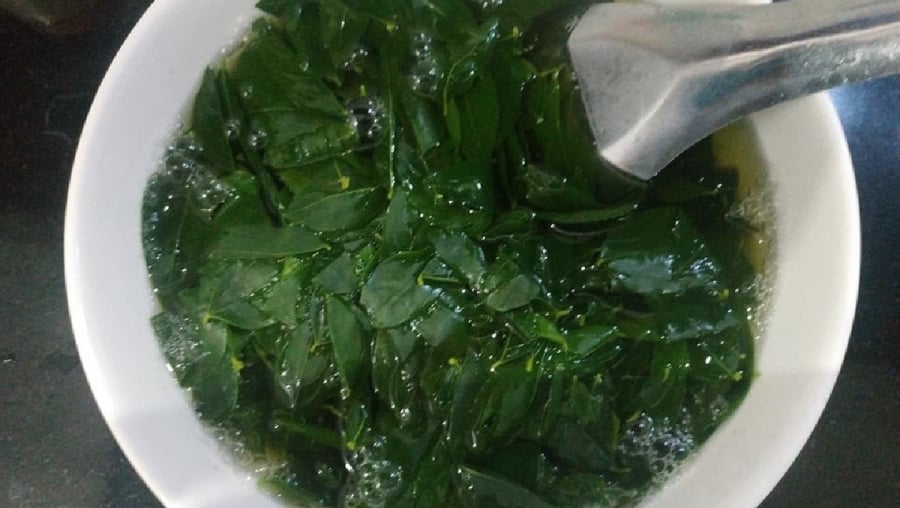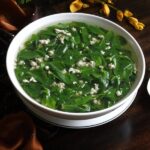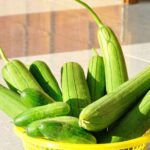Pennywort herb is a familiar vegetable in many Vietnamese households. It is easy to grow, packed with nutrients, and is often referred to as a “superfood” from nature.
Pennywort is rich in vitamins and minerals such as vitamins A, B1, B2, B6, C, calcium, phosphorus, iron, and fiber. Its vitamin C content is even higher than that of oranges and lemons, boosting immunity, helping the body fight off diseases, and slowing down aging.
This herb is also a good source of calcium, promoting bone health. Children and the elderly are two groups that should regularly consume pennywort. Additionally, the herb provides iron to prevent anemia, especially beneficial for postpartum women and those recovering from illness.
Pennywort has a cooling property, making it ideal for summer days as it helps cool down the body and detoxify. Consuming pennywort also provides fiber for better digestion.

Despite its benefits, pennywort may not be suitable for everyone, including:
Elderly individuals with sleep and appetite issues
While pennywort is nutritious, it may not be ideal for elderly individuals with sleep problems or a history of poor appetite. If consumed, it should be well-cooked and eaten occasionally, about once or twice a week, avoiding raw pennywort.
Those with calcium deficiency or rickets
Pennywort contains compounds like glucocorticoid, which can interfere with calcium and phosphorus absorption. Thus, individuals with rickets, calcium deficiency, or bone-related conditions should limit their intake to once a week, ensuring the herb is thoroughly cooked.
Pregnant women
Pennywort may induce uterine contractions. Research suggests that consuming more than 30mg of raw pennywort daily, especially in juice or raw form, could increase the risk of miscarriage. Therefore, pregnant women, especially those in their first trimester with a history of miscarriage, preterm labor, or those pregnant through artificial insemination, should refrain from consuming pennywort.
Individuals with a history of kidney stones
Pennywort contains significant levels of oxalate, which can combine with calcium to form kidney stones. Thus, individuals with a history of kidney stones should limit their intake of pennywort, ensuring it is well-cooked and consuming ample water to eliminate oxalate from the body, reducing the risk of recurrence.
Plant This Vegetable and Watch It Grow in Abundance – It Has 5 Times More Iron Than Beef!
In the plethora of green vegetables familiar to the Vietnamese, *rau ngót* stands out as a versatile and nutrient-rich plant. With its effortless cultivation process, *rau ngót* thrives with minimal fuss; simply plant a cutting in the ground and watch it burst into lush, verdant growth, flourishing without demanding attention and providing a year-round supply of nutritious foliage.
How to Choose a Ripe, Naturally Sweet Papaya
Papaya is a tropical fruit packed with an abundance of vitamins and minerals, offering a plethora of health benefits. However, not everyone knows the secrets to choosing the perfect papaya, ripe and sweet. We are here to reveal the simple tricks to selecting the finest papayas, nature’s candy, and sharing them with our eager readers.





































